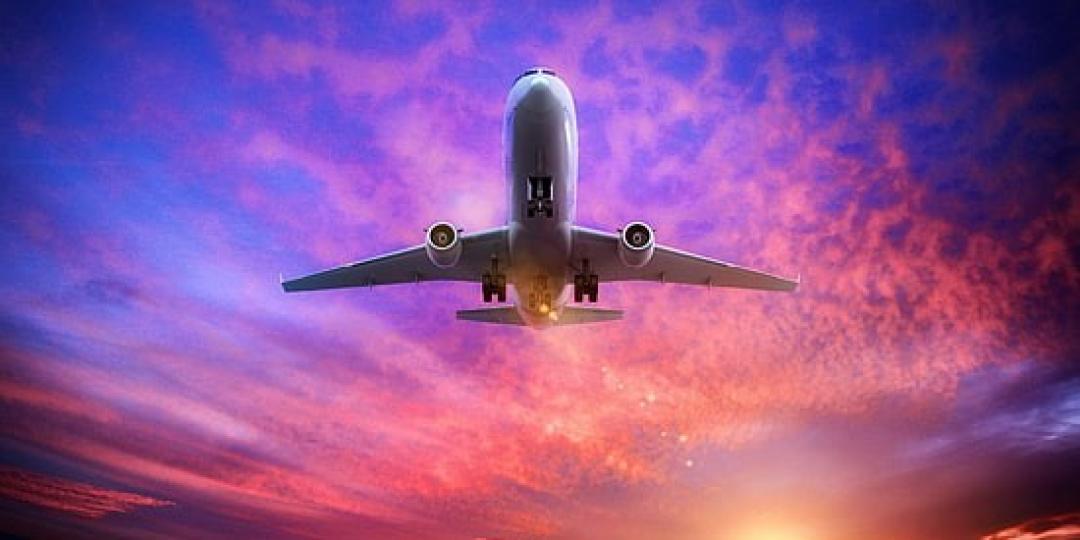While African aviation was, on average, unprofitable before the pandemic, the outlook is improving.
Globally, Iata forecasts airlines to make a profit of US$4.7 billion in 2023.
Yet, forecasts on profitability for Africa remain negative.
Speaking at the African Aviation Summit – African Aviation Finance, at the Sandton Convention Centre on May 11, Dan Taylor, Head Consulting of IBA, a UK-based aviation consulting and intelligence company, said despite a recovery in revenues, there would be no return to profit across African aviation next year.
The reasons for this negative outlook are manifold.
Taylor pointed out that the increase in revenues currently being experienced by African carriers would not be sufficient to keep up with increases in costs.
Another reason for the negative outlook is that a third of Africa’s fleet is inactive and, overall, there is low utilisation across the fleet.
Another obstacle he quoted was that the average age of the fleet across Africa is 17 years. This means less fuel efficiency, higher fuel costs and higher insurance costs.
Iata expects Africa as a region to recover to above 2019 levels (an overall loss) during 2023, and it then expects the continent to complete its financial recovery in 2024.
But, according to Iata, African airlines remain financially vulnerable, with their total nett profit margin for this expected to remain negative, at –1.7%.
Iata’s data shows that the subregion of Southern Africa is lagging behind the other regions. The association forecasts traffic in Central/West Africa to be 101% of 2019 levels, Eastern Africa 102%, Northern Africa 103%, and Southern Africa only 80%.
Southern Africa is only expected to achieve full recovery in 2025, when the region’s air passenger traffic will reach 103% of its 2019 levels.
Nic Fadugba, CEO of African Aviation Services and the conference Chairperson, added that Africa was expected to see a 4% annual increase in GDP for 2023 and 2024.
Given that every percentage point increase in GDP brings with it a 2% increase in Revenue Passenger Km (RPK) this bodes well for aviation in Africa, as long as its airlines can supply the necessary Available Seat Km (ASK).
Aviation supports 7.7 million jobs in Africa.























